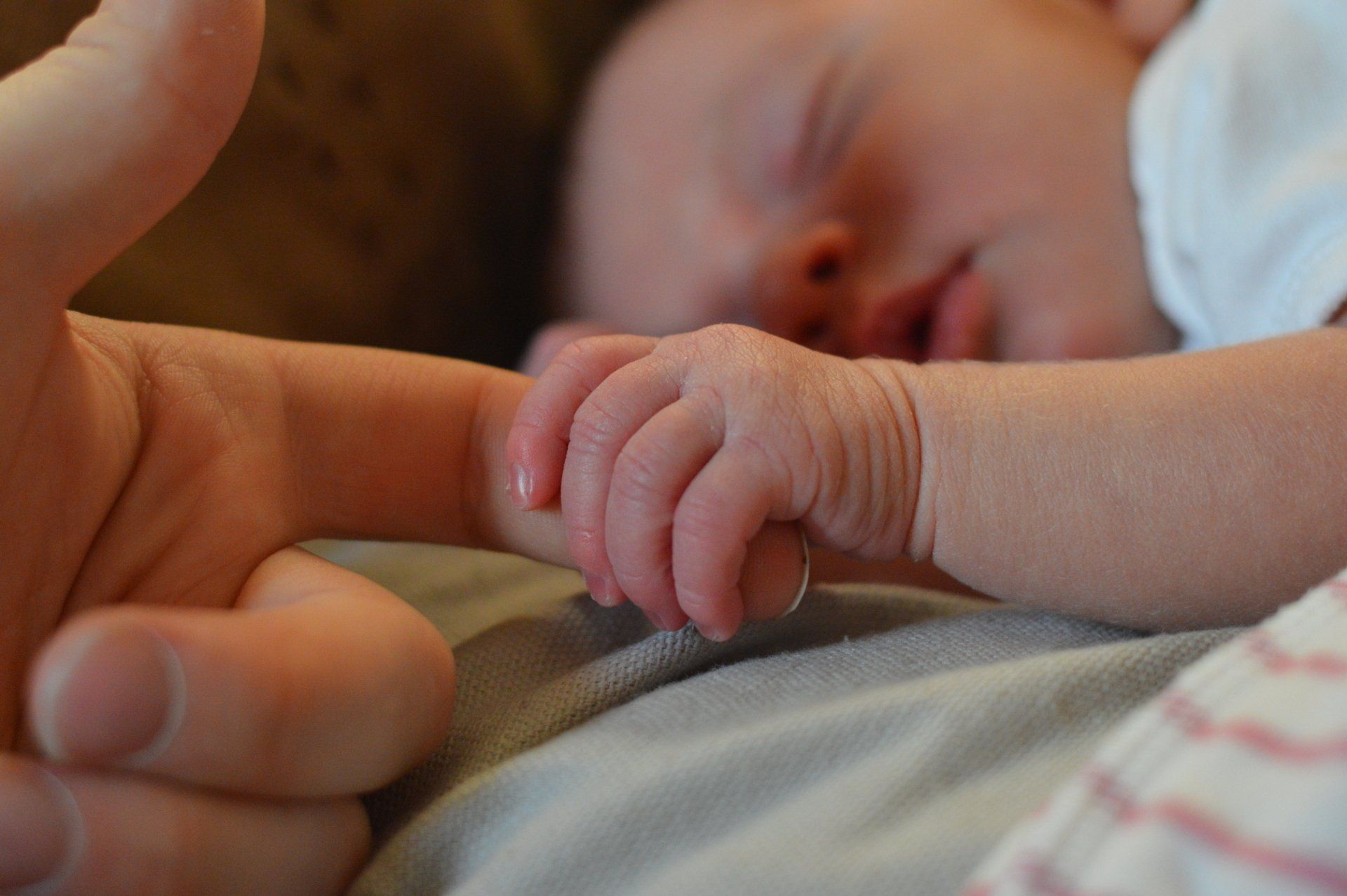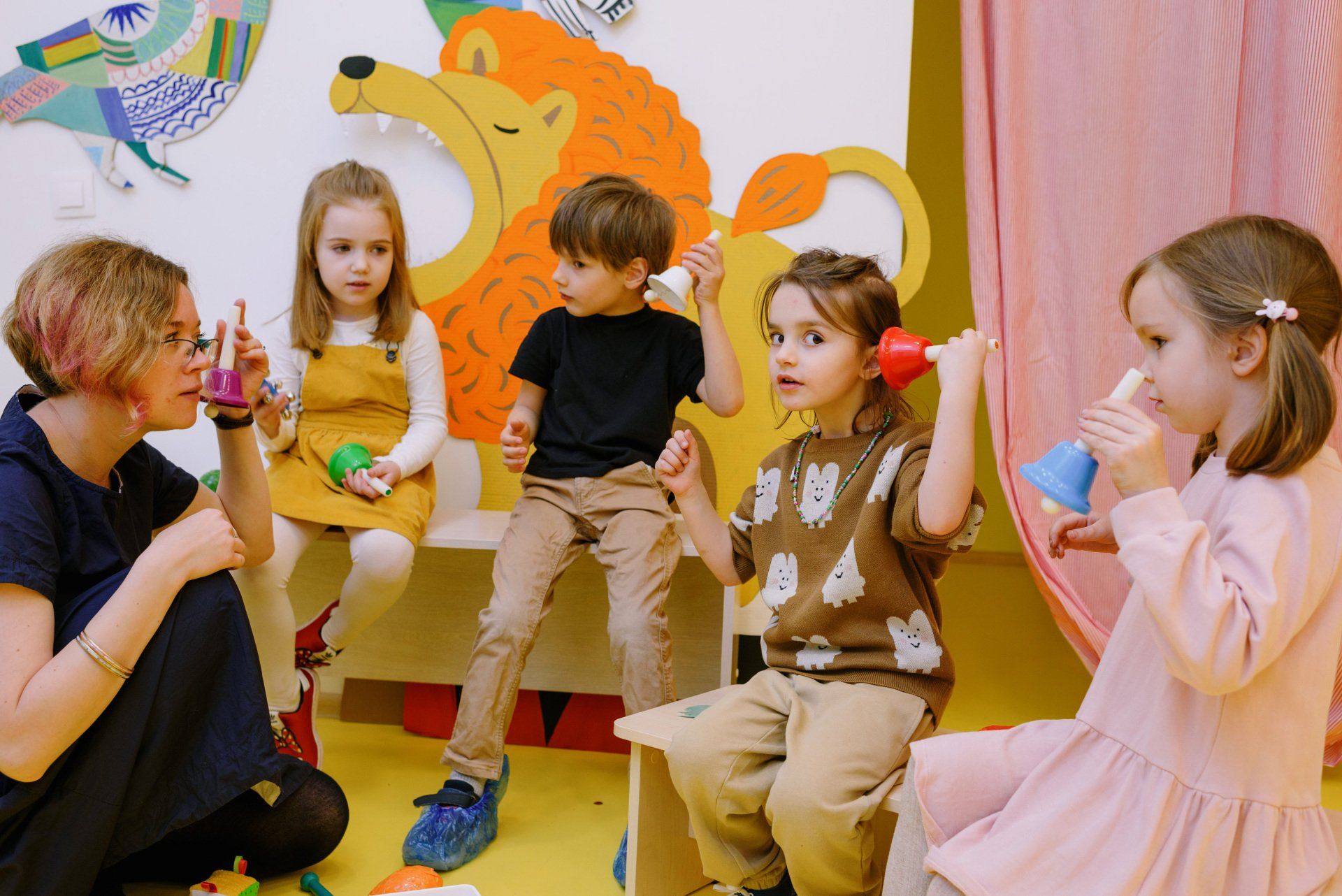WHAT DO I DO IF MY BABY CATCHES THE FLU?
Every year during winter, a strain of the flu virus spreads across South Africa.
The flu is a far greater threat to our little ones health than the common cold, and should be taken seriously. Some of the information you’ll need can be found right here, and after you’ve read this, you should be fully equipped to protect your kids from the virus.
WHAT IS THE FLU AND HOW IS IT DIFFERENT FROM THE COLD?
The flu (also known as the influenza virus) and the common cold are both viruses that can affect children and adults. The common cold however, is much milder and less of a threat. The flu on the other hand is a serious risk to children under 5. While both are infections of the lungs, nose and throat, only the flu has a significant risk of turning into pneumonia.
THE SOUTH AFRICAN FLU SEASON AND VACCINATION
In South Africa the flu season is generally a 19 week period during our winter. Since the season starts in May and ends in August, I recommend that you vaccinate your kids (you too) every year before April. If your baby is older than 6 months they can get the vaccine, just consult your doctor if your little one is allergic to eggs. The regular flu vaccine often contains the ingredient, but it is not difficult to source an egg-fee version.
If your baby is younger than 6 months, it’s good to ensure that everyone who comes into contact with them is vaccinated and not showing symptoms.
HOW BABIES CONTRACT THE FLU
The flu virus uses droplet transmission. This means that it spreads through microscopic water droplets released into the air when an infected person coughs, sneezes or exhales. If your child breathes in these droplets or if they touch something these droplets landed on, then touch their eyes or mouth, they could contract the virus.
HOW TO TELL IF YOUR BABY HAS THE FLU
The common cold and the flu both present with symptoms of:
- Runny nose.
- Sore throat.
But the flu will have more severe symptoms accompanying them such as:
- Fever
- Body Aches
- Chills
- Tiredness
- Weakness
- Coughing
- Nausea
- Vomiting
- Diarrhoea
Most of the time your baby won’t present with all these symptoms but if they have a few you should take action as soon as possible. The longer you leave it untreated, the worse it can become.
WHAT TO DO WHEN YOUR BABY HAS THE FLU
Ideally you should take them to see a doctor within the first 2 days. The medication for the flu works best if taken within the first day or two of contracting the virus, but they can still benefit from the medication if taken after the window period.
You can expect your baby to be sick for 1-2 weeks but the symptoms should mostly clear up by the 5th day. Make sure they get plenty of rest and fluids and while they may have a decreased appetite, it is important that they get enough nutrition. I’ve found that smaller meals more frequently work best.
The flu can be very daunting for little ones. Make sure that they are comfortable during their recovery. They may experience alternating fever and chills so give them things to keep warm with that can be easily removed. If needed, analgesia such as a paracetamol (e.g. Calpol), mefenamic acid (Ponstan), ibuprofen (Neurofen) etc., can be given to alleviate body aches and fever (but never give aspirin to babies or toddlers).
I wish you and your family the best of health this season and should anything go wrong, we’re here to support you.
Share this post
Recent Posts


Leave your little one's health in good hands.
Track your child's growth and development, or assess arising health issues with a paediatrician you can trust.


